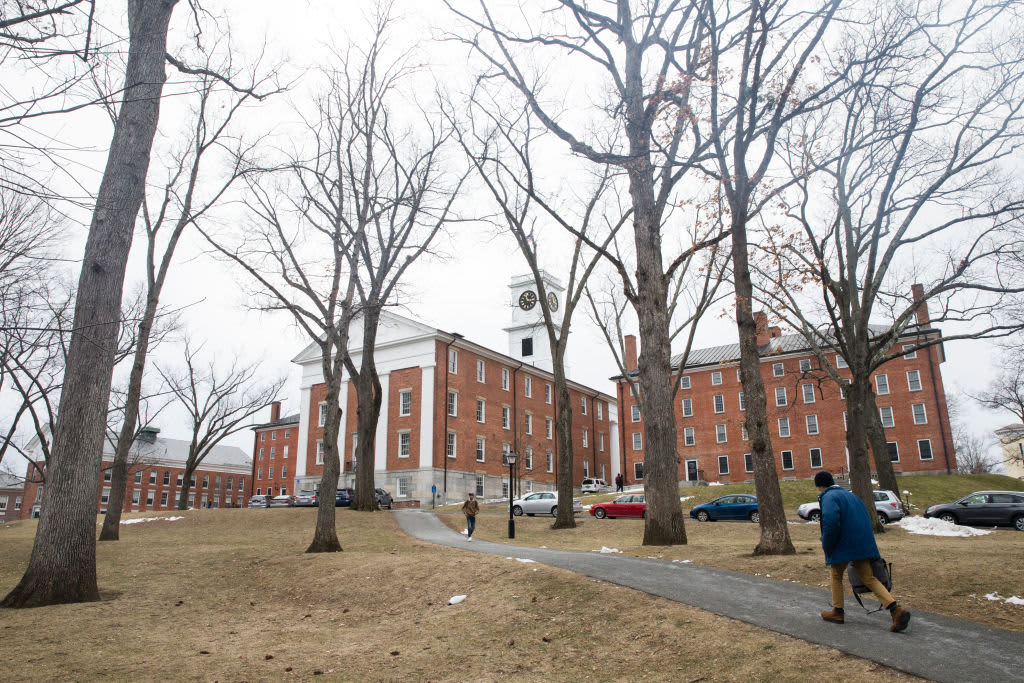Legacy admissions have been a longstanding practice at many colleges and universities, where children of alumni are given preferential treatment during the admissions process. However, in recent years, there has been a growing debate about whether it is time to end this practice.
Proponents of legacy admissions argue that it helps to foster a sense of community and loyalty among alumni, who are more likely to donate money to their alma mater if their children are also able to attend. They also argue that legacy admissions can help to create a sense of continuity and tradition within the institution.
However, critics of legacy admissions argue that it perpetuates social and economic inequality, as it often benefits students who come from privileged backgrounds. Studies have shown that legacy students tend to be wealthier and more likely to be white than non-legacy students, indicating that the practice may undermine efforts to promote diversity on college campuses.
Furthermore, critics argue that legacy admissions can also be detrimental to the academic reputation of colleges and universities, as it may result in less qualified students being admitted over more deserving applicants. This can ultimately impact the quality of education that these institutions are able to provide.
In recent years, some colleges and universities have begun to re-evaluate their legacy admissions policies in response to these criticisms. For example, in 2019, Harvard University announced that it would no longer consider legacy status as a factor in admissions decisions. Other institutions, such as the University of California system, have also taken steps to limit the use of legacy admissions.
Despite these changes, legacy admissions still remain prevalent at many institutions across the country. In order to truly promote diversity and equity in higher education, it may be time for more colleges and universities to seriously consider ending legacy admissions altogether.
Ending legacy admissions would send a powerful message that institutional privilege and favoritism have no place in the admissions process. It would also help to level the playing field for all applicants, regardless of their family connections or background.
While the debate over legacy admissions continues, it is clear that there are strong arguments on both sides of the issue. Ultimately, the decision to end legacy admissions will require careful consideration and a commitment to promoting fairness and equity in higher education. It may be time for colleges and universities to take a stand and prioritize merit-based admissions policies that benefit all students, regardless of their family ties.
